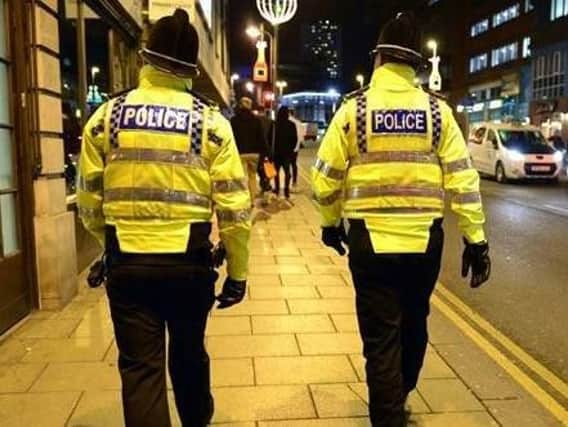Selection and development of senior police officers is inconsistent and often ineffective


In addition, current training does not equip chief officers with the knowledge and skills they need to perform at their best.
HM Inspectorate of Constabulary and Fire & Rescue Services (HMICFRS) and HM Inspectorate of Constabulary in Scotland (HMICS) carried out a joint inspection to determine how effectively police forces select and train candidates for chief officer roles.
Advertisement
Hide AdAdvertisement
Hide AdThe report - Leading Lights. An inspection of the police service’s arrangements for the selection and development of chief officers - found that a lack of consistency, fairness and transparency is having a detrimental effect on police forces’ ability to identify and support those with the most potential to become chief officers.
The report highlighted three major areas of concern.
These include police forces not being able to identify potential chief officers as quickly and effectively as they should be; insufficiently comprehensive or coherent training and development opportunities for chief officers; and the appointment of chief officers managed in an often-haphazard manner.
The inspectors also identified a variety of factors contributing to these problems. For example, different forces apply selection and assessment guidelines in different ways, leading to large-scale regional variations and inconsistencies.
Inspectors also found that the Strategic Command Course (SCC) contains modules which may not be relevant to all forces and that too often there is a shortage of applicants for chief officer roles, with officers not moving between forces readily enough.
Advertisement
Hide AdAdvertisement
Hide AdHM Inspector of Constabulary Matt Parr said: “Chief officers are responsible for setting the overall strategy of a force, as well as directing its day to day operations and organisation. It is crucial that we have the very best people on those roles.
“Unfortunately, we found that the current processes used to select and develop senior police leaders are sometimes inadequate. Additionally, they are generally applied in a very inconsistent manner, leading to variations in ability and experience between different forces.
“The weaknesses in the system mean the playing field is unlevel and unfair, which means it is impossible to be sure we always have the right people leading police forces. Ultimately, it potentially means less capable applicants being selected over better ones and those applicants then receiving sub-standard training.
To improve the selection and development of chief officers, inspectors recommended that the College of Policing should commission independent reviews of the Senior Police National Assessment Centre and the College’s Strategic Command Course.
Advertisement
Hide AdAdvertisement
Hide Adhief Constable Mike Cunningham, College of Policing CEO, said: “The complexity and changing nature of crime in modern-day policing means we are constantly reviewing and updating how we select and support the development of officers who take up demanding leadership roles.
“The high quality of leadership has allowed policing to rise to the challenges we have seen in recent years but further development of leaders is needed in order to continue to successfully tackle crime.
“HMICFRS acknowledge that the College has worked closely with them during this inspection to identify areas for improvement and that a number of recommendations are already being addressed.”
